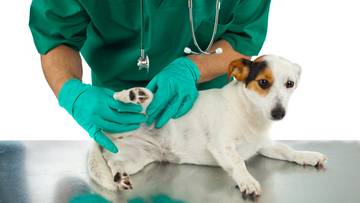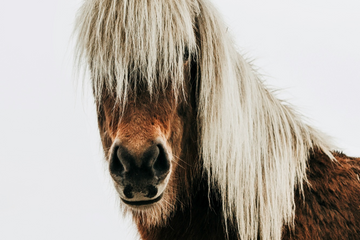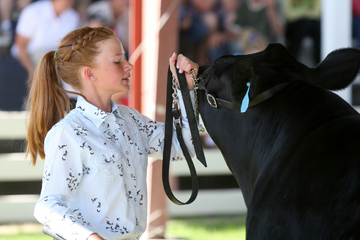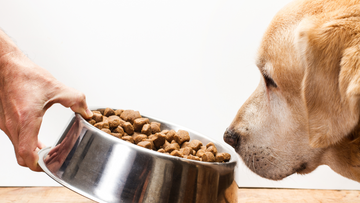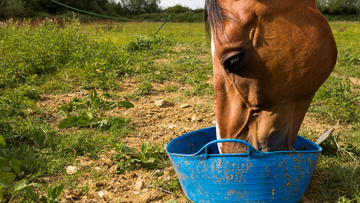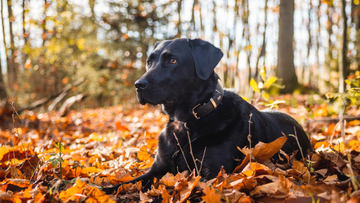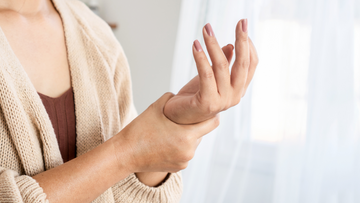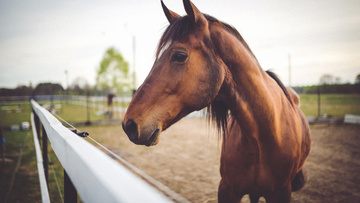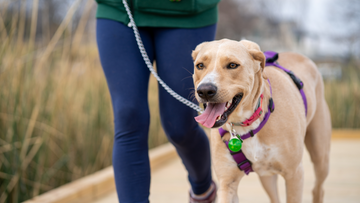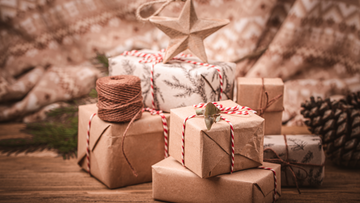The amount of water your horse drinks each day really depends on several things. At rest, an average sized horse (1000 pounds) drinks between 8 to 10 gallons of water each day. When its hot or humid outside, your horse is going to drink even more. Horses often get dehydrated during the hot summer season; they are like humans. They sweat to cool their bodies and moderate body temperatures. Sweat is composed of water and electrolytes such as potassium, calcium, and magnesium. Such electrolytes are critical elements in the body of your horse. Due to their large body size, they are prone to heat stroke and heat exhaustion. Therefore, it is vital to ensure that your horse is always hydrated.

There are different ways you can tell whether your horse is dehydrated. Some sign includes:
1. Dry gums and teeth
2. Dull and sunken eyes
3. Decreased appetite
4. Inelastic skin (detectable through skin pinch test)
5. Decline in alertness
6. Reduction in the production of manure and
7. Low moisture content in the manure
The time it takes a horse to be dehydrated depend on many factors. Some of the factors include its diet, work, lactation, age, and pregnancy. Further studies show that there is a close link between the water intake and ambient temperature. In case temperatures are rising, your horse will need more water to remain hydrated and offset the lost water through sweating. Now you know how beneficial keeping your horse hydrated is, however, keeping your horse hydrated is more than just availing them clean water in a trough.
Here are a few ways to keep your horse hydrated:
1. Add flavor to the water
Ordinary clean water may not be enough to make your horse drink more. Consider adding some flavor to the water to give it a treat and boost hydration. There are several ways you can sweeten the water and turn it into a real treat. Sugar beet, a dash of Peppermint oil or apple juice are excellent sweeteners you can add. Adding these may help encourage your horse to drink more. Instead of just filling the trough with clean water, be sneaky and add some flavor to encourage your horse drink. You can also add some fresh apple chunks to the water.
2. Feed with wet food
About 70% of your horse’s body is composed of water. Therefore, you need to ensure everything you feed your horse contains water. One of the little-known secrets professional owners use to keep their horses hydrated is feeding them with wet food. You can soak hay cubes or flakes in water every time you want to feed your horse. The advantage of hay cubes and flakes is that it can absorb 1-2 gallons of water, hence, increasing moisture content in your horse’s body.
Horses, especially older ones, are prone to dental challenges and may not chew particular food properly. Add warm water to your horse’s food and allow it to set for up to 30 minutes. Wet food not only hydrates your horse but also may prevent choking and other conditions such as impaction colic. You can also consider other wet food such as watermelon, carrots, watery bran mash and apples. Such foods increase your horse’s fluid consumption and hydration capability.
3. Give a salty treat
Just like a cow, your horse will enjoy a treat like a salt lick. Giving your horse free access to a salt block is a helpful tip that will encourage him to drink more water. Alternatively, you can combine two tablespoons of apple juice with one tablespoon of salt, place it in a deworming syringe and shoot it into the mouth of your horse. It compels the horse to drink more water. You can also add salt to warm water to your buckets or troughs to encourage drinking more as well. Electrolytes are beneficial in cases of severe dehydration or as a general maintenance precaution.
4. A cold water hose
To keep your horse cool throughout the day, a cold-water hose can work wonders. Rinse them thoroughly and use a sweat scraper to remove any excess water. If you don’t use a sweat scraper, your hosing will have the opposite effect and trap heat instead.
For your horse’s health, you just need to find what works for you. If you have multiple horses, you may find that different things work for each horse. The most important thing is making sure your horse has enough fresh water and some extra reasons to drink. Stay safe out there this summer!








